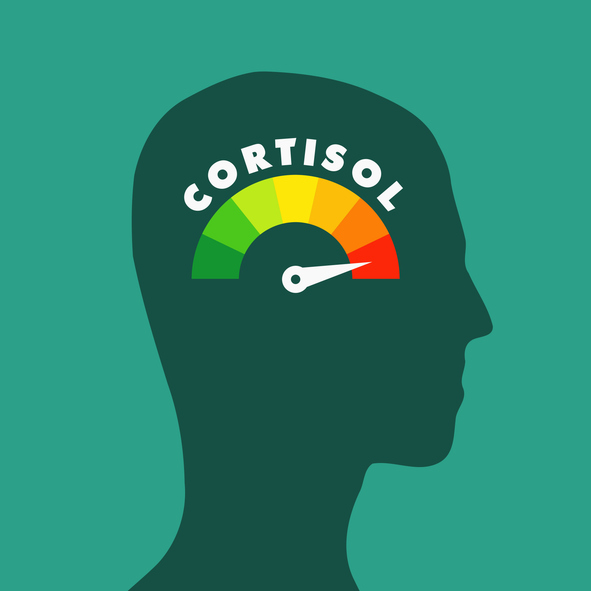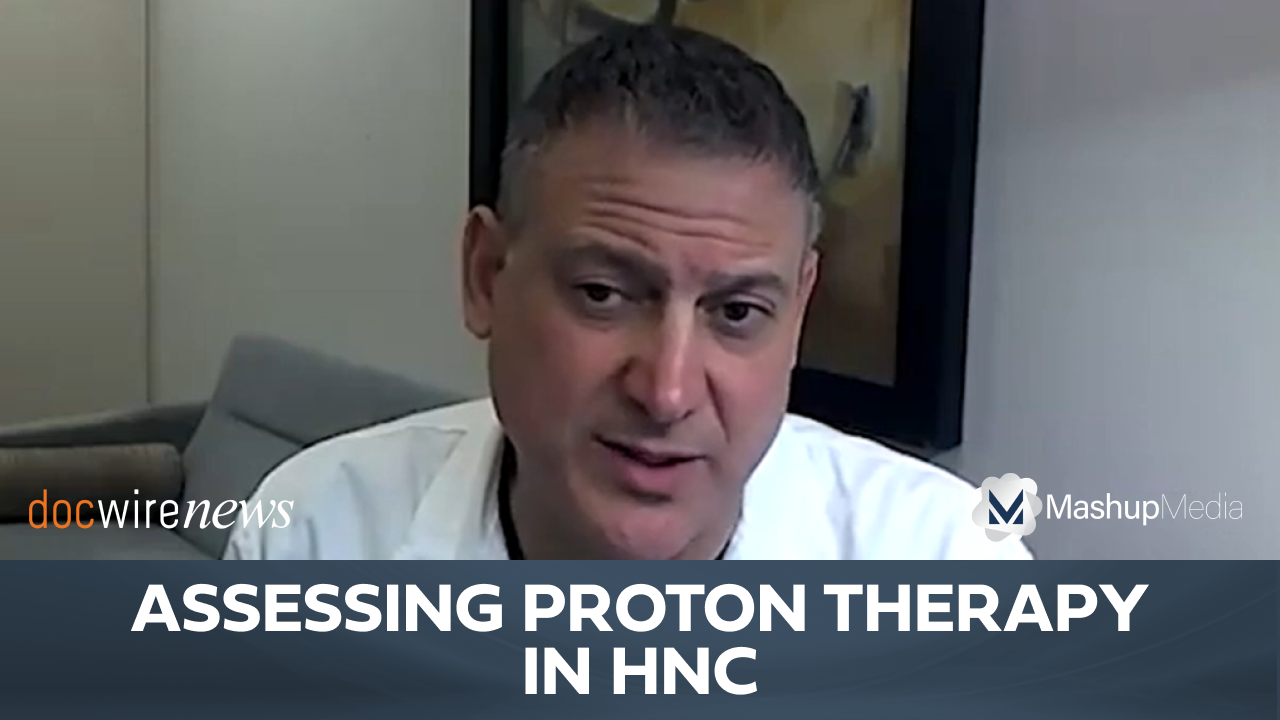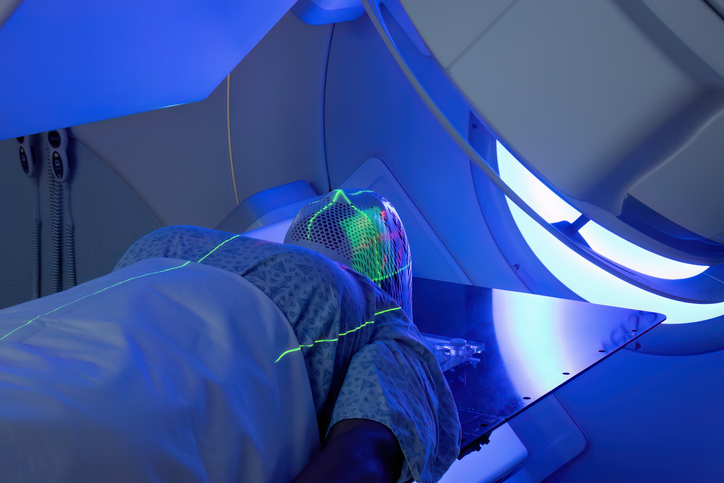
In head and neck cancer (HNC), various cortisol indices are known to correlate with adverse phycological and biologic (eg, inflammatory) outcomes, but links to mortality rate has not been investigated. A research group led by Elizabeth Cash conducted a study to hypothesize that the prognostic value of diurnal cortisol aberrations will hold in HNC.
The results, published in Frontiers in Oncology, builds on prior work that led the research team to predict that flattened or elevated diurnal cortisol profiles will be associated with elevations of serum inflammatory and tumor-promoting cytokines in this population and that these immune markers would predict poor progression-free survival.
A pilot sample of 40 patients with HNC were recruited; most presented with late-stage oral/oropharyngeal cancer, were older than 50 years, were men, and subsequently received combined-modality (surgery and/or radiotherapy with or without chemotherapy) treatment with curative intent.
Saliva was collected twice daily for six days to assess diurnal slope, mean, waking, and evening cortisol levels. Serum assays were performed for an exploratory panel of inflammatory and tumor-promoting cytokines. Two years after entering the study, disease progression and survivorship status were abstracted from medical records for the participants.
Bivariate correlations, linear regressions, and Cox proportional hazards models were used to test the hypothesis that disrupted diurnal cortisol rhythms would be associated with poorer two-year progression-free survival.
Elevations of evening cortisol and diurnal mean levels were each associated with shorter progression-free survival (evening: hazard ratio [HR], 1.848; 95% CI, 1.057-3.231; P=.031; diurnal mean: HR, 2.662; 95% CI, 1.115-6.355; P=.027). Bivariate correlations revealed that higher levels of the serum inflammatory marker interferon (IFN)-γ were linked with elevated evening (r=.405; P=.014) and mean (r=.459; P=.004) cortisol. Higher expression of IFN-γ also predicted poorer progression-free survival (HR, 4.67; 95% CI, 1.409-15.484; P=.012).
According to the research group, the results suggest that cortisol secretion is both dysregulated and elevated among patients who subsequently experienced accelerated HNC disease progression. These data from the 40 patients with HNC mirror relationships between cortisol levels and survival identified among patients with various other tumor types.
“This pilot study highlights the need for research on effects of cortisol rhythm disruption among HNC patients. Future research in larger samples should also examine the role of inflammatory and tumor-promoting factors-both systemically and within the tumor microenvironment-as potential mediators of cortisol rhythm disruption,” the researchers concluded.
Source







 © 2025 Mashup Media, LLC, a Formedics Property. All Rights Reserved.
© 2025 Mashup Media, LLC, a Formedics Property. All Rights Reserved.